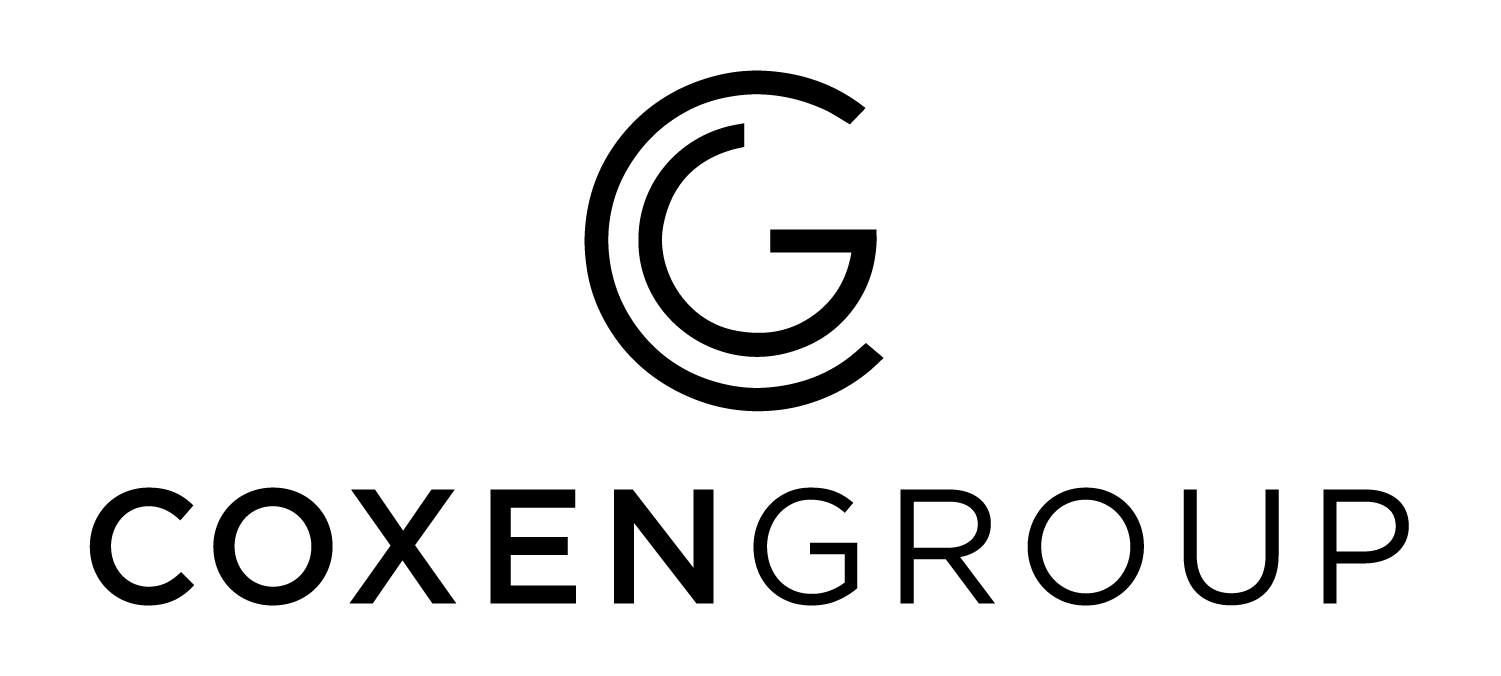Is The Housing Recession Over?
A Look at the Las Vegas Real Estate Landscape
Hey there, Las Vegas residents and future neighbors! It's been a rollercoaster ride in the real estate market, but let's dive into what's been happening and what we can expect moving forward.
Are we really out of the housing recession?
Well, the national stats say that we're on the upswing. Home prices have been on the rise since February, with a remarkable 4% surge between February and May alone, as revealed by the CoreLogic S&P Case-Shiller Index in their July report.
While our current prices are slightly below last year's figures, the consistent upward trend has everyone wondering if this housing downturn is a thing of the past. One major player in the industry thinks so, and they've got some data to back it up.
Opinion from the National Association of Realtors
NAR has some intriguing insights to share. Their latest pending sales report shows that pending home sales had a slight uptick in June, marking the first increase since February of this year. Combine that with limited inventory and the resulting rise in prices, and the NAR's chief economist, Lawrence Yun, is calling it: the housing recession is officially over.
But hold your horses, there's more to it. Yun points out that while the recession might be in the rearview mirror, the recovery process is still unfolding. Multiple offers on homes suggest that the demand for housing isn't being met due to a lack of supply.
This supply shortage isn't news; it's been an ongoing issue for years. Recent mortgage rate increases have only worsened the situation, keeping many existing homes off the market. According to data from Redfin, the number of homes up for sale has dropped by 12.5% compared to last year as of June. And, get this, Zillow's data from 2021 shows that the U.S. market is approximately 4.3 million homes short of meeting the demand.
So, while Yun's declaration of the recession's end is reassuring, we're not in for a complete market about-face anytime soon. This means no wild price spikes like in 2021, and the days of intense bidding wars are likely behind us. According to Redfin, about 40% of homes sold for above the listing price in June—down 15% compared to last year.
What Lies Ahead for Our Market?
Rather than a dramatic reversal, the near-term housing market in Las Vegas is looking to find some stability after the whirlwind of the past year. Yun suggests that mortgage rates have peaked, and the NAR estimates that the average 30-year fixed mortgage rate will hover around 6.4% for the rest of 2023. Fannie Mae's projection for 2023 is a 6.6% average, while the Mortgage Bankers Association predicts 5.9%. That would be nice.
These projections are slightly lower than the current 6.9% rate, but they won't cause a major surge in demand unless they drop more significantly. Yun thinks a "meaningful decline" in interest rates would trigger a rush of buyers. However, most experts predict that this substantial drop won't likely happen until next year or beyond. Here's how the big players see rates by the end of 2024:
NAR: 6%
Fannie Mae: 5.9%
MBA: 4.9%
These slightly lower rates might give a gentle nudge to demand, sales, and prices, as per NAR's expectations. While the group foresees fairly stable home prices for this year, with a minor dip of just 0.4% throughout the year, by the close of 2024, they anticipate prices rising by 2.6% and sales increasing by over 15%.
The Role of Construction
Mortgage rates aren't the only factor influencing inventory; homebuilders play a significant part too. And in Las Vegas, they've been somewhat cautious since the 2008 crash. While we might not see a major shift this year (housing starts are projected to be 5.3% lower than last year's numbers by the end of 2023), next year could bring a turning point. NAR expects around 1.55 million starts in 2024—a 5.4% increase for the year. Keep in mind that starting from the ground up on single-family homes takes about 8-10 months, so it might be a bit before that supply reaches eager buyers.
In the end, the key is expanding the supply to make homebuying accessible for more Americans. Yun notes that home prices are influenced by the volume of inventory hitting the market. More homebuilding could help keep price growth in check, while limited construction might lead to home prices appreciating faster than income growth.
The future holds some exciting possibilities for the Las Vegas real estate market, and we're here to keep you updated every step of the way. Whether you're considering a move, curious about prices, or just love staying in the know about our vibrant city, stay tuned for more insights and updates right here. Your go-to source for all things Las Vegas living and real estate—because we're not just agents; we're your neighbors in this ever-evolving journey!

